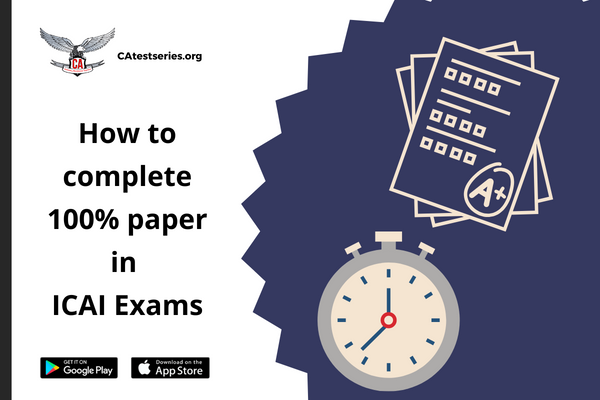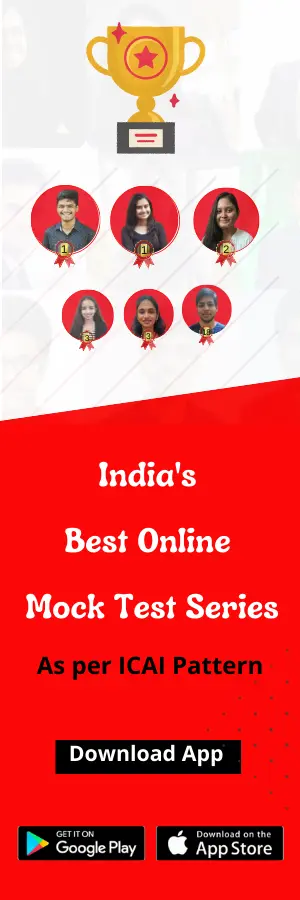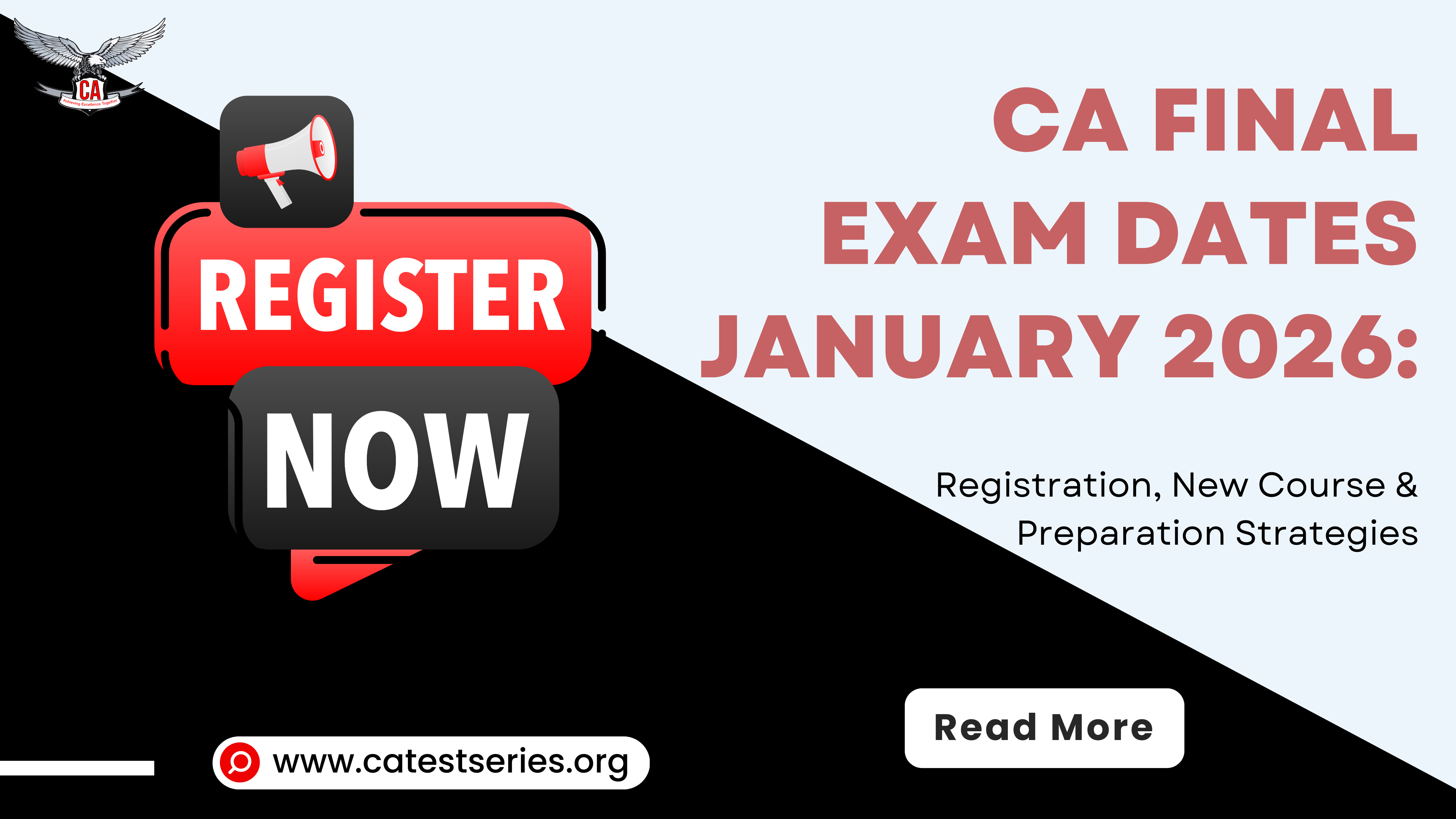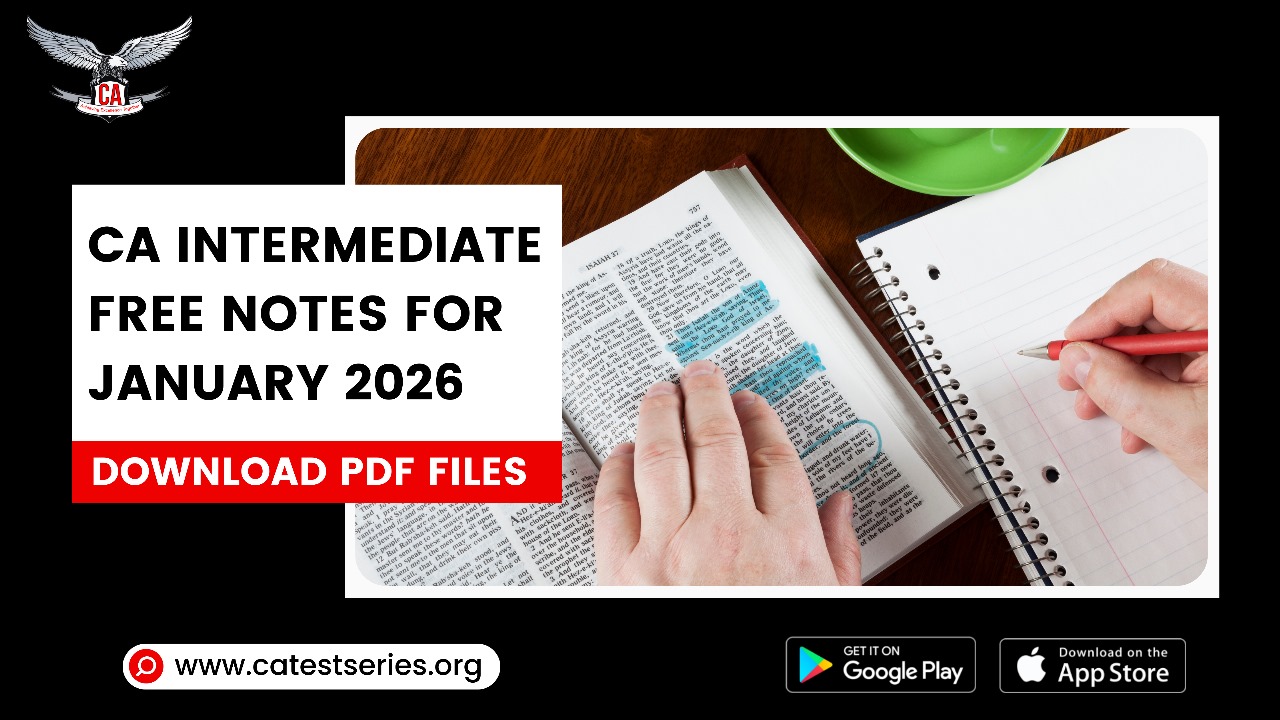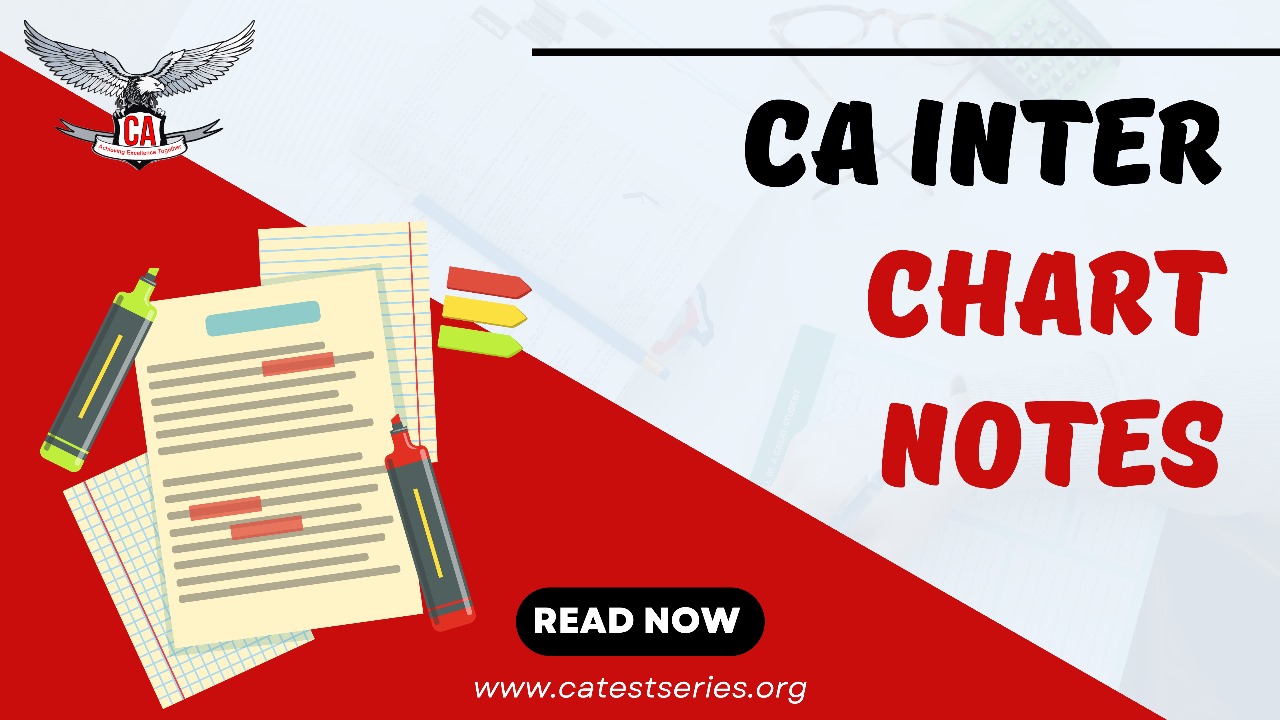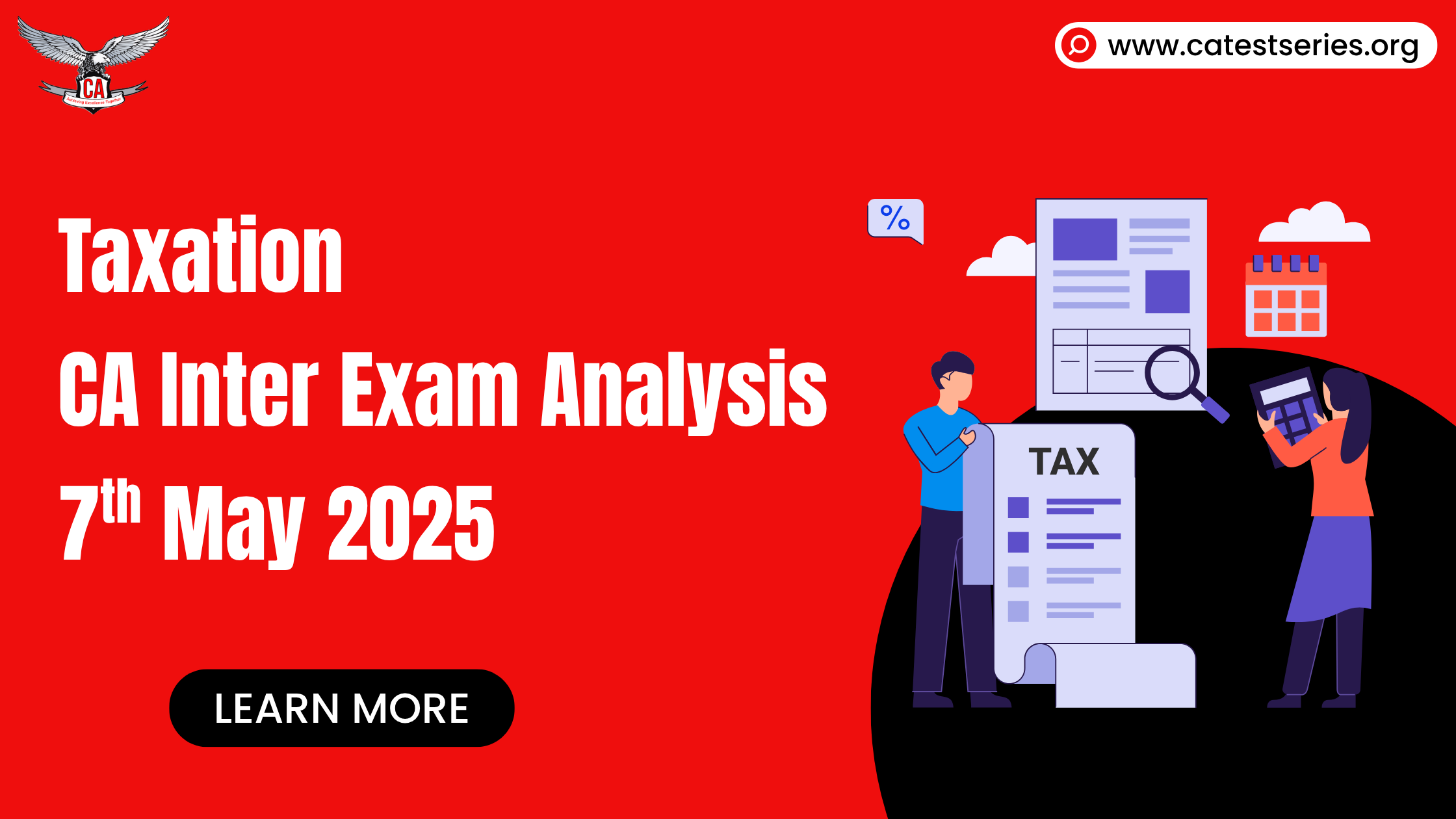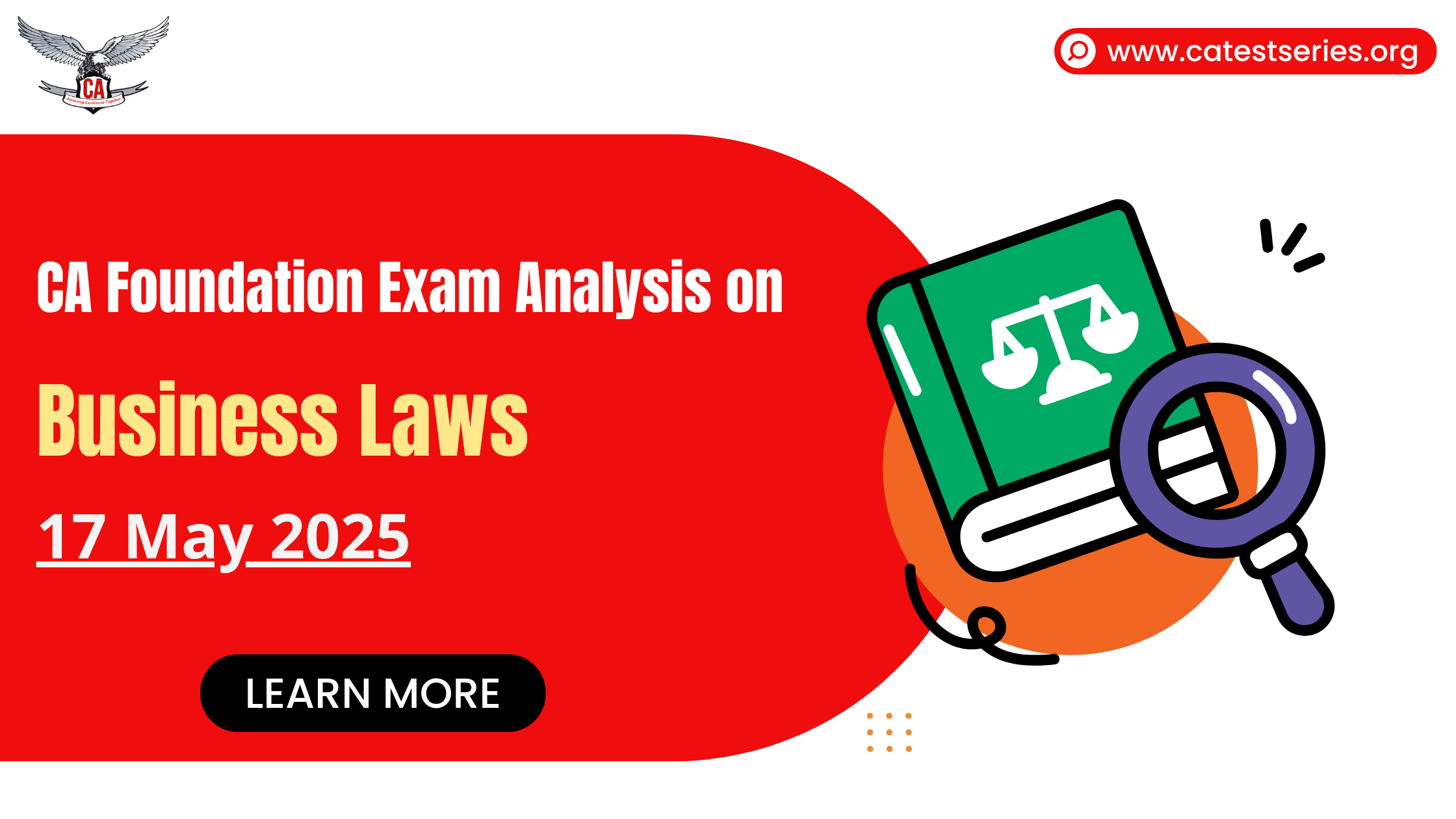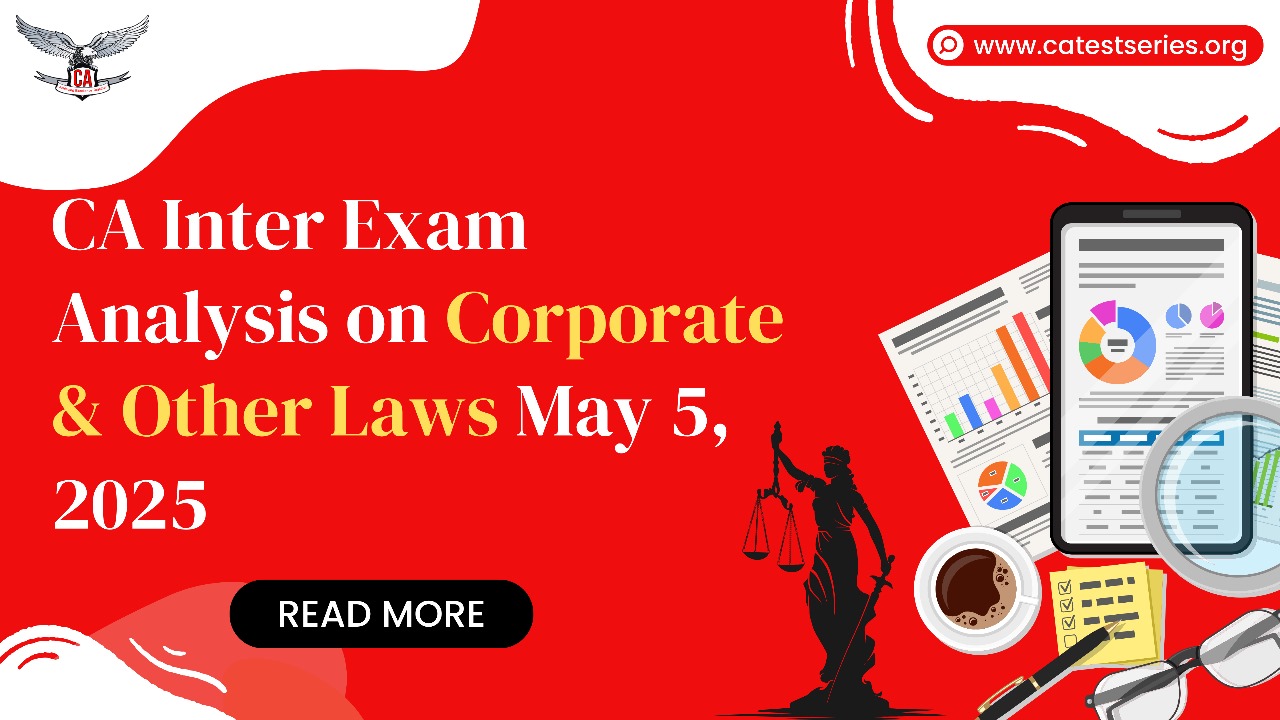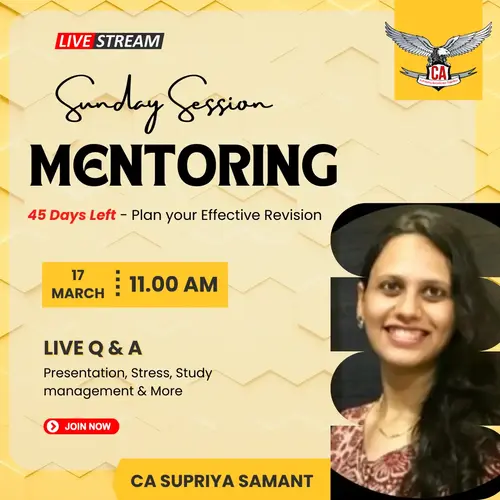How to attempt 100% Paper in ICAI Exams | Strategy for each phase
About the CA foundation exam:
CA Foundation is the entry-level exam for the CA course. The exam pattern, passing criteria, and framework is very much different when compared to other course examinations.
Syllabus of CA Foundation:
There are 4 papers in the CA foundation namely:
Paper | Maximum marks | Duration of the exam |
Accounting | 100 marks
| 3 hours |
Business Laws Business Correspondence and Reporting | 60 marks 40 marks | 3 hours |
Quantitative Aptitude Business Mathematics Logical Reasoning Statistics | 100 marks
| 2 hours |
Business Economics Business and Commercial Knowledge | 60 marks 40 marks | 2 hours |
Passing criteria of CA Foundation :
Each paper will be for one hundred marks which total to four hundred marks for the whole examination. There are two criteria that you need to satisfy to qualify for this the examination are:
1) Forty percent rule: To satisfy this criterion you need to score a minimum of 40 marks in each paper
2) Fifty percent rule: Aggregate marks obtained from all four papers should exceed 200 marks.
Objective of the blog:
The objective of the blog is to guide you through 3 phases of the examination which leads you to be 100% confident throughout the examination period and qualify the examination in the first attempt itself.
The 3 phases that we are going to talk about are:
- Pre-examination – The preparation phase
- During the examination –The panic phase
- Post examination – The results phase
Pre-examination – The preparation phase:
This is the first phase of the examination. It is also called the preparation phase. This is an important phase, out of the remaining two because the next two phases will directly depend on this phase.
Recommendations for the pre-examination phase:
- Timetable:
It is particularly important to create a timetable and stick to the timetable as it will assist you in completing the preparation as per the scheduled date and time.
Also, keep a track of completion so that you can compare the topic to be completed as per the timetable and the actual completion and make necessary changes to the timetable based upon your performance.
- Proactive strategy:
The strategy is to be drawn before starting the preparation, but it may not be implemented properly so this strategy must be an initiative-taking type of strategy so that the changes can be made whenever you feel necessary. This strategy must be flexible and customized as per your capabilities so that you dont feel hassled while implementing the strategy you shaped.
so, its important to understand your capabilities and your way of studying to create a proactive strategy.
- Self–confidence:
Self-confidence is the key to the preparation if you dont have confidence in what you are doing then it may not yield the results.So, be confident about what you must study, the study plan you made, and the strategy you crafted for yourself.
- Self-motivation:
We need to sit for long hours studying we get demotivated easily so its important to keep yourself motivated and away from distraction.
The motivation can be either internal or external, but I would say internal motivation would be the bestas it coaxes you to keep studying.
- Revisions:
In this aspect, I would recommend you completethe whole syllabus at least two months before the examination date so, that you would get abundant time to revise at least three times.
Many suggest a three-time review of this subject as this is the minimum review that is needed to reminisce all concepts from the study modules.
So after completion of the whole syllabus, the first review or revision will be for revising the concepts that you already studied and the second one would be to revise without any support from the book while answering the questions from the book and the third revision would be before the exam to review the whole subject in just 6 to 7 hours.
- Self-prepare notes:
I would strongly recommend you prepare notes by yourself which would help you in revising the whole syllabus within a few hours.
Self-prepared notes improve your writing skills and speed of writing in your exam so this is like a double-edged sword that helps you in both the pre-exam phase and during the exam.
- MTPs and RTPs:
I would recommend you to practice the model test papers and revision test papers hosted on the institutes website which gives you an idea about the exam questions and also grasp the suggested answers hosted along with them, As it would help you in understanding answers that examiner is expecting from you for the given question.
During the examination – The panic phase:
This is the toughest phase that the student must go through as he would be having a lot of pressure and losing the confidence even though he completed the first phase efficiently so its particularly important to be poised about the exam and attempt it without any second thoughts.
Coming back to the examination pattern as I already mentioned you would be having four papers out of which two are descriptive and the remaining twoare objective. For descriptive papers, you would be allocated 3 hours of examination time whereas in objective papers you will be having only two hours of examination time.
The whole phase is about utilizing the examination time effectively I would recommend you follow the below-mentioned commendations:
- 15 minutes reading time:
In the exam, you will be given 15 minutes additional time to read the question paper before starting the examination. I suggest you do utilize these 15 minutes of additional time for reading the question paper and marking the questions that you will be able to attempt. There is a facility provided in examination that you need to attempt any four out of the given five questions so it would be important for you to select the four questions which you are confident about and only attempt those four questions. so this is to be decided in those 15 minutes only.
- Correct answers first:
In the case of Descriptive papers start the exam by answering the questions that you are confident in and then move to the partially confident questions and finally answer the difficult questions. As they say, “First impression is the last impression”, this would be an accurate strategy for it.
- Purge away from distractions:
We do have a lot of distractions around us while writing the exams or even at the time of preparation but its your responsibility to purge away from those distractions and give your best in the examination. The crux of this recommendation is to give you caution notice about distractions.
- Walloping the pressure:
You will be having a lot of pressure about the exam but overpowering the pressure is the key to success.
Post examination – The results phase
Once the exams are completed you should be waiting for at least 45 days for the results so if youre confident about qualifying the Foundation exam then I would suggest you start your intermediate preparation as you wont be having enough time for learning and preparing for your intermediate examination.
But also try to focus on the foundation syllabus because the result is uncertain and if you start preparing for the foundation syllabus from now itself you would save time for your revisions later on.
All the best.

